Voices of International Students

IBRAHIM AKID
Doctoral Program in Life Science Innovation, Degree Programs in Life and Earth Sciences, Graduate School of Science and Technology / Food and Medicinal Resource Engineering Open Innovation Laboratory (FoodMed-OIL)
From Tunisia

What sparked your interest in this university?
Hello everyone. I'm AKID?Ibrahim, though my friends in Japan know me as AkiDo (秋戸, lit.,?The Gate towards Autumn), a kanji name I composed to bring me closer to their beautiful language. I come from Tunisia, and my journey with the University of Tsukuba began right there. In fact, there is no other Japanese university that has a representation bureau in Tunisia except UT, which is in itself a detail that captures its greatest strength: its outward?looking spirit. You may not know this, but UT is the only national university in Japan with a campus beyond the archipelago, and for years it has led—or ranked among—Japan's top universities for the proportion of international students. In short, this is a place where no foreign student ever feels alone. It is a community of diversity and opportunity, a place where you forge lasting friendships with locals and internationals alike.

What aspects of Japanese culture or customs surprised you? How did you adapt to them?
My worst habit is stuffing every vital document (ID, bank cards, cash) into one bulging wallet that won't fit in a pocket, so I keep it in my bag. In my first month in Japan, at Tokyo's very busy Kita?Senju Station, I recharged my IC card and left my wallet on the ticket?machine ledge. Two stops later, panic struck: 30 minutes in one of the world's busiest stations must have doomed it. I raced back, despondent, yet there it sat, untouched! That shock revealed to me a nation scarce in resources yet rich in values. Months of observation have shown why: strict guidance, layers of regulations, and countless tacit moral codes shape daily conduct. Learning these rules by reading and quietly watching Japanese people can be difficult, but remembering that my wallet remains safe because of them makes every effort worthwhile, deepening my respect for Japanese society to this very day.
What do you enjoy about Tsukuba?
As I mentioned earlier, in Tsukuba city you never feel alone as a student from across the seas. Here you will meet countless people who share your background, and just as many who don't. Roughly 5% of the city's residents are foreigners, and both the City Hall and local community work tirelessly to ease our lives (translating documents, providing 狗万app足彩,狗万滚球?language support, and much more). Their efforts truly deserve praise. Personally, I am proud to call myself, even temporarily, a citizen of this beautiful city, and I promote it whenever I can. Tsukuba offers peace of mind, natural beauty, plentiful facilities, and, above all, an absence of crowds. It is unquestionably the ideal place to focus on your study and intellectual output. Home to dozens of research institutes, the city is steadily shaping itself into a world?class hub of knowledge creation!

What do you hope to achieve during your time here?
Living in Tsukuba opened a remarkable door: a joint research project linking the university with a major institute on the city's southern edge, known as AIST. There I am working on cutting?edge techniques in chemistry and biology that have transformed my outlook on the future. My immediate aim is clear: complete my doctoral work, then secure a position with a Japanese company in my field—ideally one that also operates in Tunisia. I hope to spend several years here, gathering expertise, contributing what I can to Japan's economic fabric, and then carry that experience back home. By entering Tunisia through the gateway of a Japanese firm, I can remain permanently connected, productive, and collaborative with the Japanese people, strengthening, in every way I can, the economic and cultural ties between the nation of my birth, which I cherish, and the nation I have come to love and respect deeply.
What do you think makes the University of Tsukuba special?
Here I have met friends from every corner of the globe. The campus stretches for kilometers, and daily I bump into new faces that greet me with a smile. It is one of the few truly open campuses in Japan, an openness that embodies the university's philosophy: freedom that radiates both inward and outward. The grounds are woven into local life: everyone can stroll freely through its lanes, exploring its distinctive buildings as naturally as if they belonged there. That spirit of openness gave me one of my dearest friendships. During a university event celebrating foreign cultures we met, and soon found ourselves on a fishing trip with other friends, landing a catch as tall as any of us. Without UT, I would never have known that friend or enjoyed such a memory, which was later featured by the Embassy of Japan in Tunisia—a small testament to Tunisian?Japanese friendship.

-

RIBEIRO FALC?O LORRANA
From Brazil
-

VICTOR MASSAKI NAKAGUCHI
From Brazil
-

RIYAM MOTEA AL-RAABEA
From Iraq
-

ASYRAF KAZUKI BIN ABDUL ZAKI
From Malaysia
-

CHUN PI HSIEH
From Taiwan
-

EI YADANAR MAUNG
From Myanmar
-

LIANG LIU
From China
-

EMMA ROSE DANGERFIELD
From Australia
-

IBRAHIM AKID
From Tunisia
-

LEYUN HUANG
From China
-

HYOWON LEE
From Korea
-

ZACHARY JAMES YOSHIOKA
From USA
-

NIMISH SUDHIR GODSE
From India
-

HASINI NIMANTHI KATIYAPE SAMARASEKARAGE
From Sri Lanka
-

MURAN XU
From China
-

YANG HU
From China
-

TE-YU HUANG
From Taiwan
-

SHAFIQULLAH YOUSAFZAI
From Afghanistan
-

QI SHI
From China
-

MYLES
From USA
-

ISRAT JAHAN
From Bangladesh
-

SOTHEARITH ENG
From Cambodia
-

FELIX COOMBER
From UK
-

WAI PHYO THU
From Myanmar
-

SRINITHI ASHOK KRISHNASWAMY
From India
-

SACHI JOCHI
From Japan/India
-

PING HUAN WANG
From Taiwan
-

NGHI NGUYEN BAO
From Vietnam
-

GUANGQI AN
From China
-

HELIO NONOSE
From Brazil
-

TAO LENG
From China
-

INSYIRAH
From Malaysia
-

ARAMAKI, CAUE SINGO
From Brazil
-

SUHARMAN
From Indonesia
-

NG RAY SHAN
From Singapore
-

DU XIN
From China
-
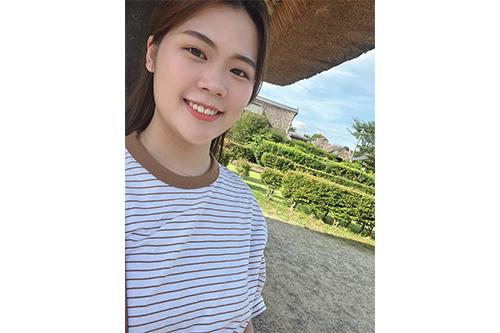
YINA SHIN
From Korea
-
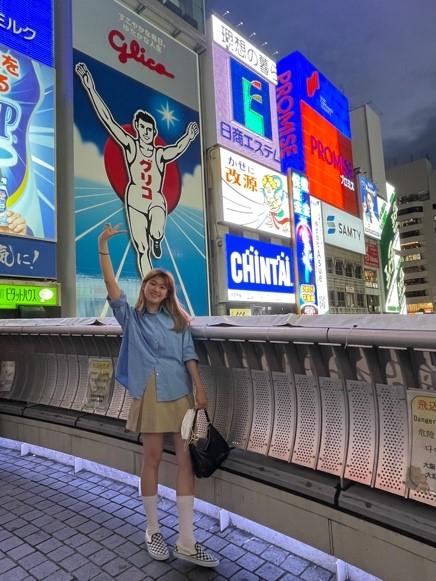
JOOEUN YOON
From Korea
-

REN YIHAN
From China
-
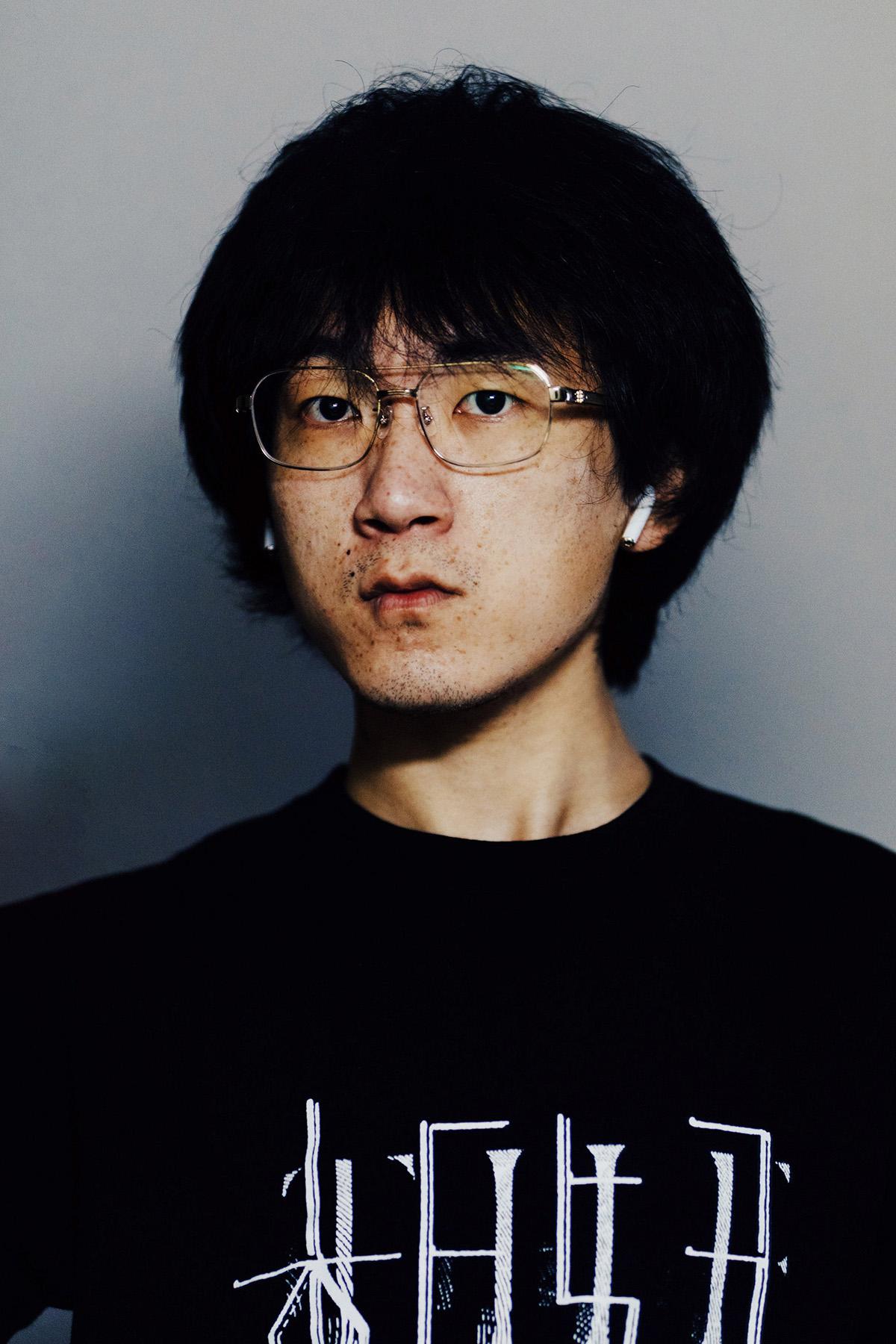
MENG LIYUAN
From China
-

WU BOQIAN
From China
-
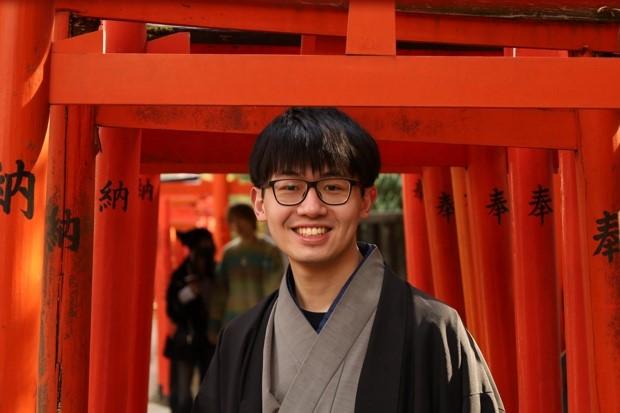
YU, CHENG-HAN
From Taiwan
-

PARK KIWON
From Republic of Korea
-

CHEN MIN
From China
-

CHAEYEON LEE
From Republic of Korea
-

ELIZABETH BERGEN-BARTEL
From USA
-

LIAO, HSIN-YEN
From Taiwan
-
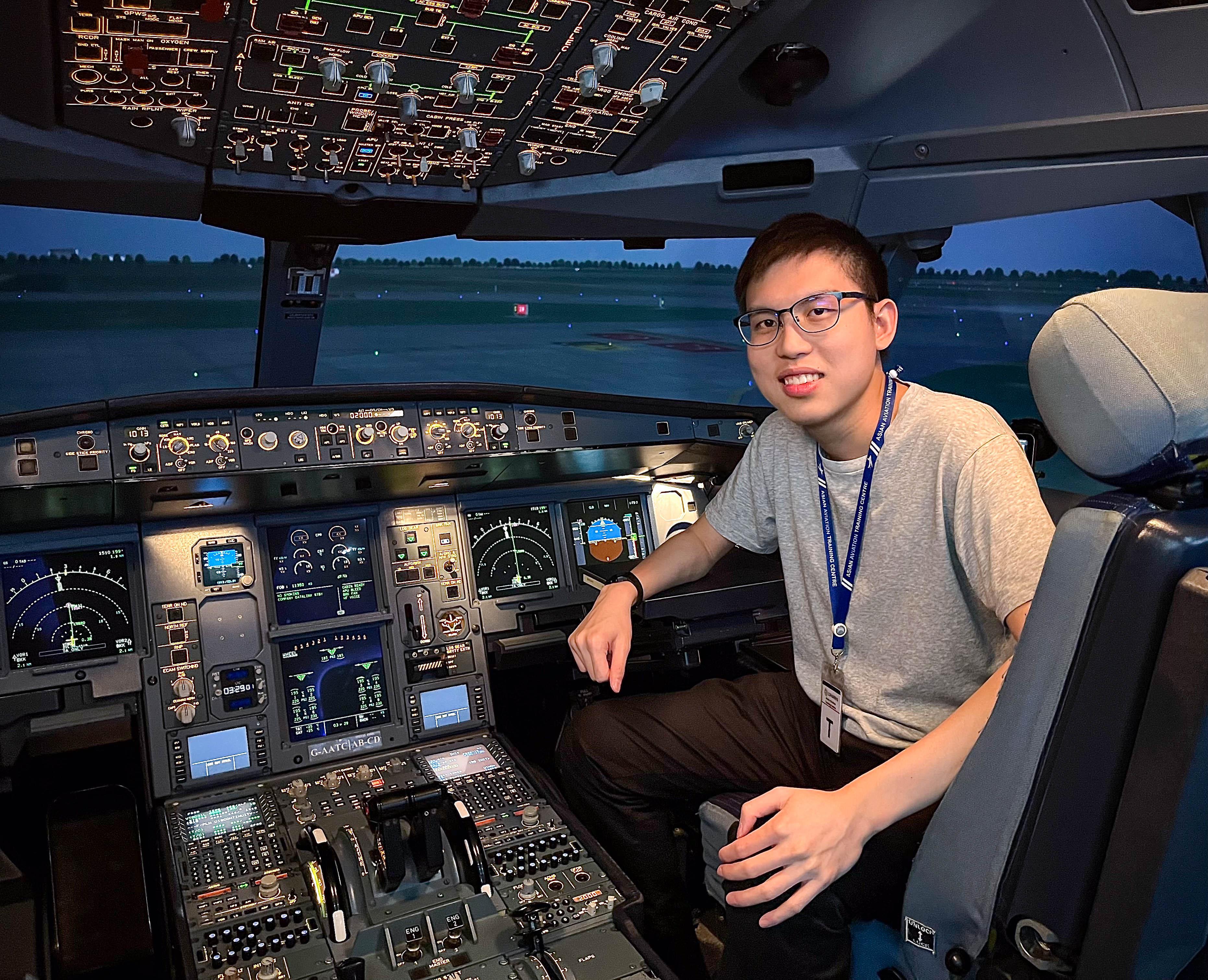
PAKORN WANGSUEKUL
From Thailand
-

NGUYEN THUY ANH
From Vietnam
-
LAN CHI
From Vietnam
-
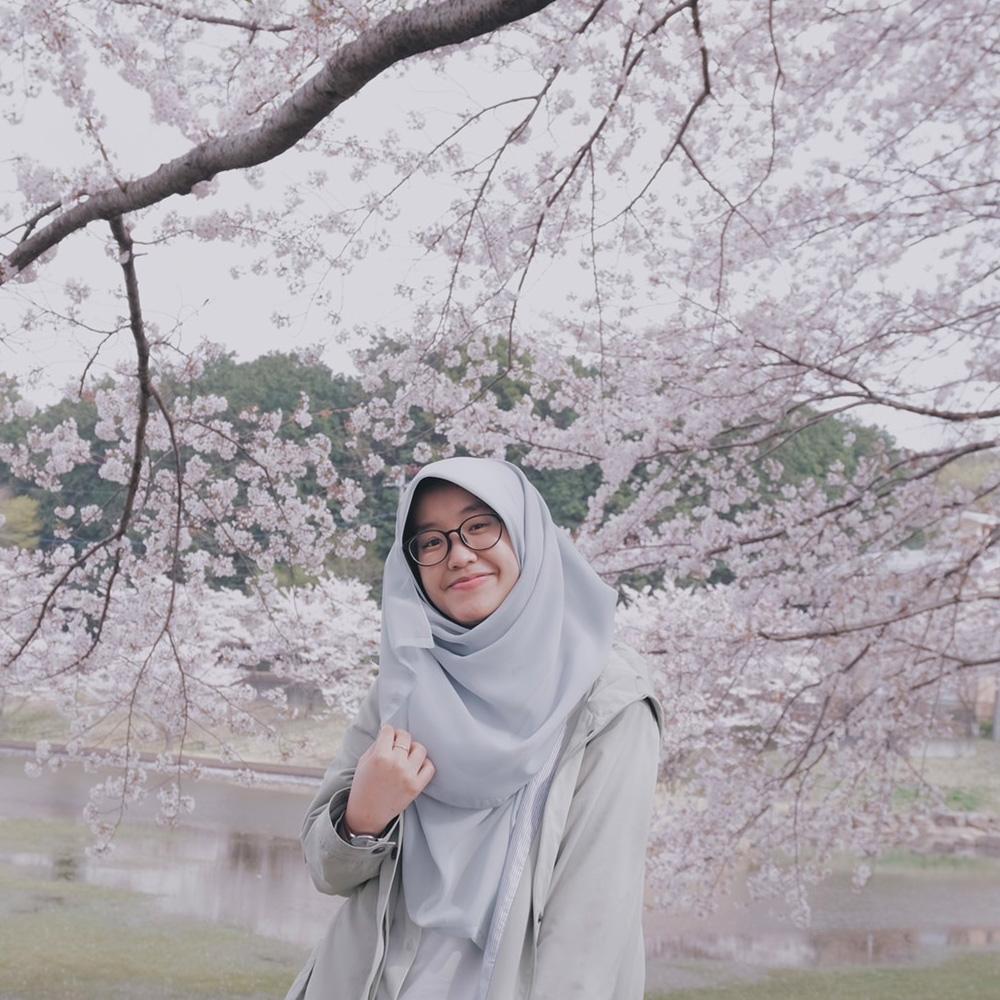
NADIA HASNA KARIMAH
From Indonesia
-
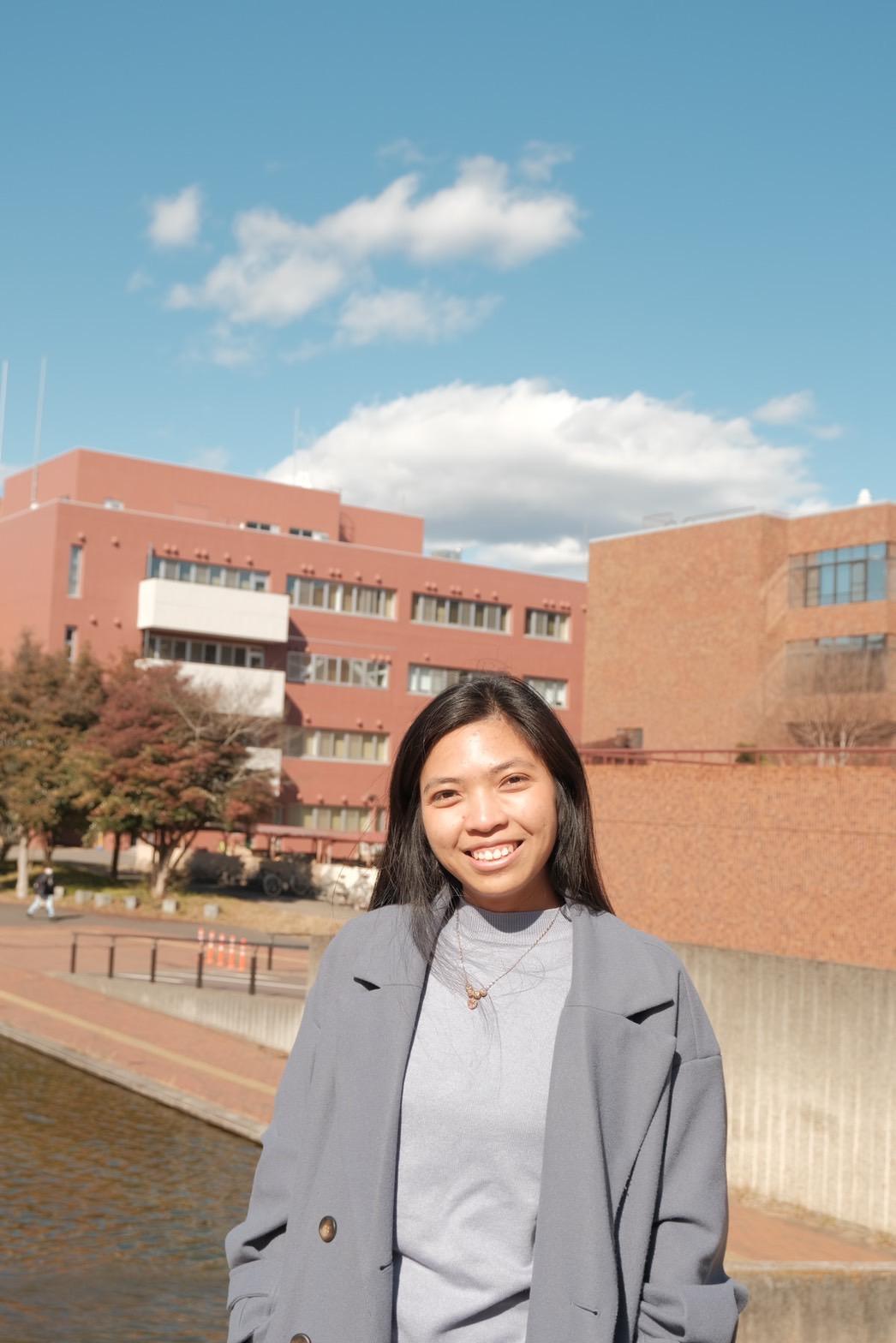
HNIN OO
From Myanmar
-

KAWTAR
From Morocco
-

NA
From China
-

AFSARI
From Bangladesh
-

REZA
From Indonesia
-

YOLANDA GRA?A
From Angola
-

ADOM
From Ghana
-

SUDHIR
From India
-

MIKI
From Mongolia/Japan
-

AISANA
From Kazakhstan
-

VITHOR SILVA
From Brazil
-

CHINMAY
From India
-

JEE
From Thailand
-

ISLA
From Taiwan
-

MIVE
From Turkmenistan
-

LAURA
From Argentina
-

SERGIO
From Colombia
-

LENNY
From India
-

ZHANAR
From Kazakhstan
-

PENG
From Malaysia
-

RAVI
From Nepal
-

SUNITA
From Nepal
-

ATOM
From Thailand



